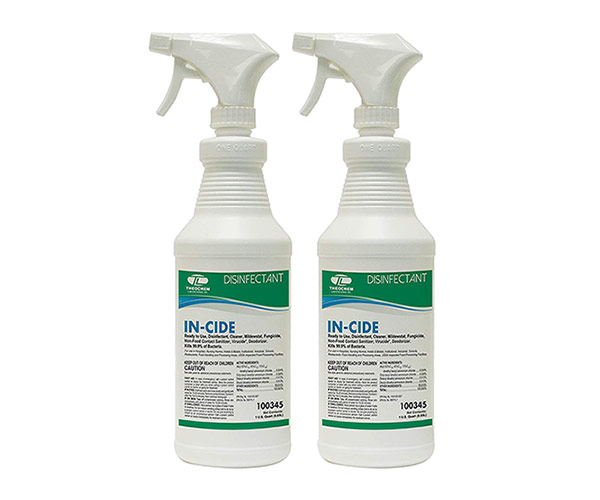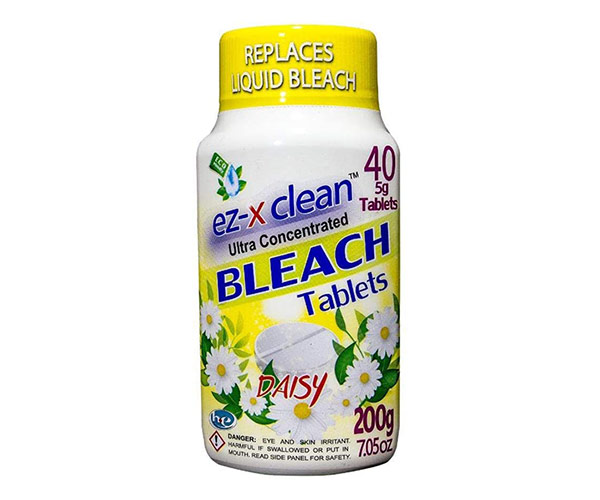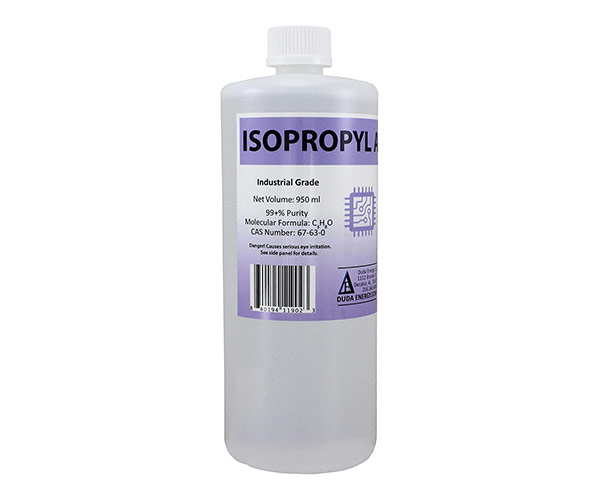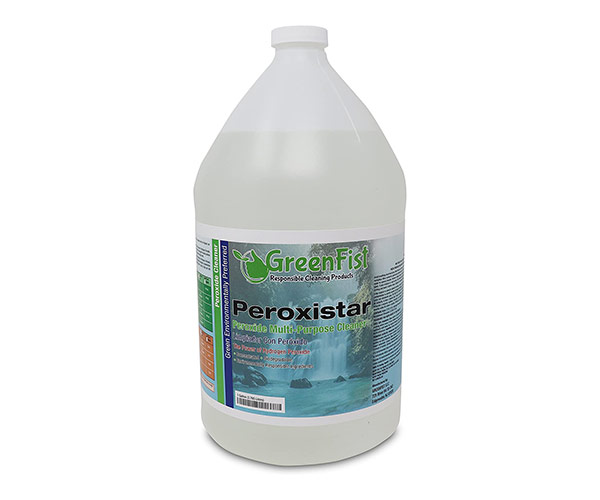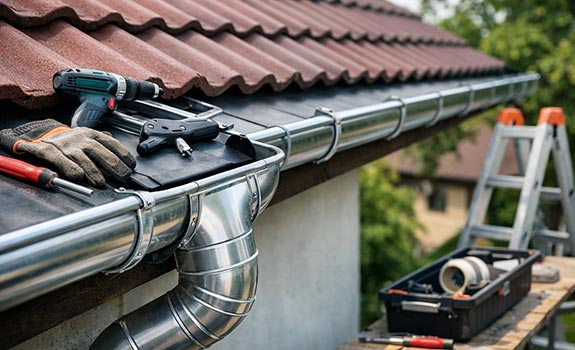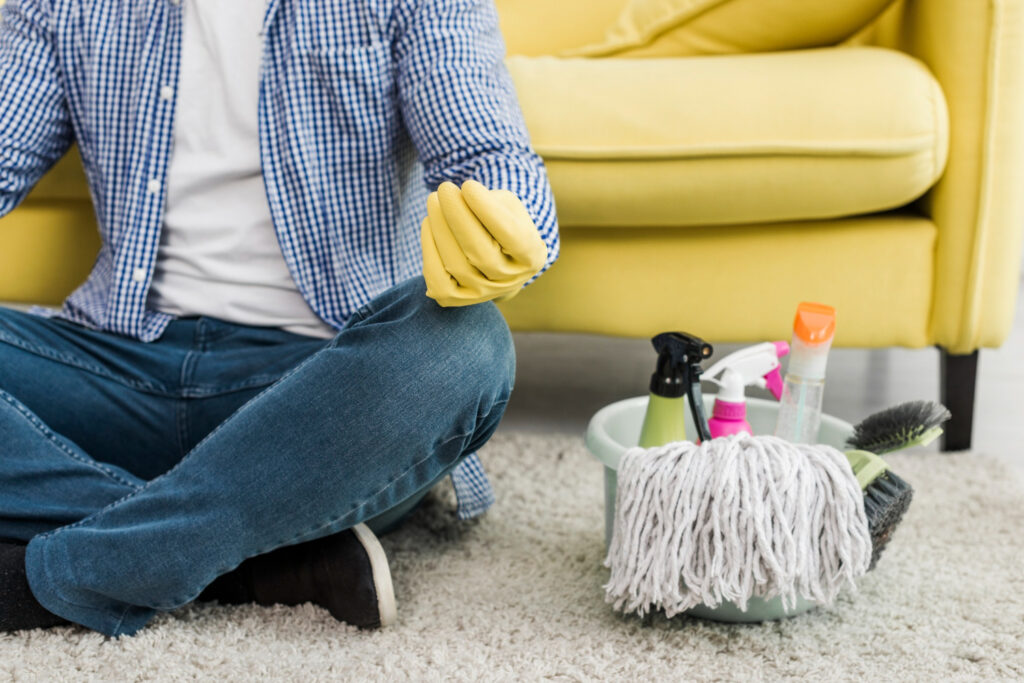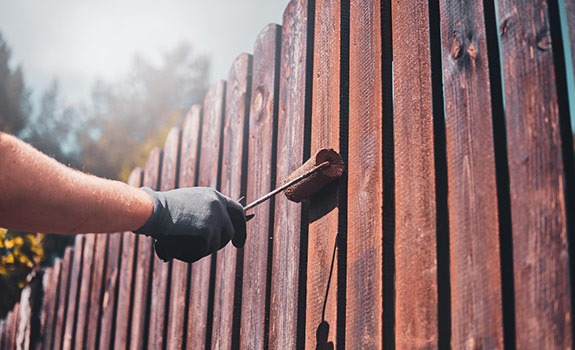In times of a world-wide pandemic it would be much appropriate to talk about things that are always important but now appear to be of top priority, namely: What are the basic rules for home disinfection?
The hustle and bustle of home cleaning at this time of the year, which we often refer to as spring cleaning, is a popular custom in the agenda of every family. This year however many households started it way earlier (and with double efforts at that!) in the attempt to protect our homes, ourselves and our loved ones from the viral threat.
Is thorough cleaning enough, though?
What is the Difference Between Cleaning and Disinfection?
Cleaning normally aims at eliminating germs and dirt from surfaces. While it cannot actually kill germs, it can greatly reduce their number and decrease the risk of spreading any infection they might cause.
Disinfection, on the other hand, is all about using chemicals that can effectively kill germs, bacteria and viruses that might have accumulated on various surfaces.
The process may not necessarily involve cleaning actual dirt from surfaces, but it is highly efficient in preventing the risk of contamination.
Tip: To maximize the effect of home disinfection, surfaces must be pre-cleaned of dust, limestone or grease.
What to Disinfect?
In times of viral epidemic outbreaks like the one the world is experiencing right now, daily disinfection is required for the most commonly used surfaces in the residence:
- kitchen worktops
- dining tables and coffee tables
- door handles, cupboards and cabinets, refrigerators, ovens
- lighting switches
- sinks and faucets
- toilet bowls and toilet seats
- remote controls
- phones
Depending on the needs of the household, disinfection of 1 to 3 times a week would also need:
- floors (especially in the corridor/ hall area)
- laundry (towels and linen)
What Chemical Products Should We Disinfect With?
Specialized antibacterial sprays or disinfectants
Use specialized antibacterial sprays or disinfectants available on the market or those usually kept at home at all times. Bear in mind however that such chemicals are dedicated to deep cleaning and disinfecting treated surfaces and they differ from hand sanitizers. Use according to the manufacturer’s instructions and pay attention to what particular surfaces they are suitable for.
Bleach
This disinfectant of universal application can prove particularly useful at the moment since, highly effective as it is, it can be easily found in the shops and is quite inexpensive. To clean surfaces with bleach use a solution at a ratio of 15-20ml of the concentrated chemical per 1 liter of water. Bleach is best for disinfecting floors and bathrooms.
Alcohol
Any type of alcohol of and over 70% or any other spirit with alcoholic strength of and over 60% will kill all germs and viruses. This cleaner is especially effective for disinfecting brown goods (aka. electronic items such as TVs, DVD players, stereos, and home entertainment systems), keyboards, computer peripheral items, phones. Be careful with plastic surfaces though, as strong alcohol may cause discoloration. To use alcohol/ spirit for disinfection of various surfaces at home, dilute the liquid with some water and add a few drops of your favorite essential oil for a fresh aroma.
Peroxide
Another versatile disinfectant that can replace specialized chemical products in case you do not currently have any of those.
Tip: Do not underestimate the power of steam! A steam cleaner is able to kill up to 95% of germs from floorings, carpets, etc. surfaces. And all you’ll need is just water!
For laundry disinfection use specialized laundry disinfecting detergents, colloidal silver, or just wash at high temperature should the fabrics allow it. Towels and linen can usually be washed at 60°C (140°F) and white cotton fabrics can sustain even 90°C (194°F) treatment.
What Precautions Should We Take During Disinfection?
- Use gloves to protect skin from burns;
- Use a face mask to avoid inhaling harmful vapors from the chemicals used. This is absolutely required for people suffering from allergies, asthma, etc. respiratory issues;
- Be sure to air the premises after disinfection;
- Do not mix together different chemical products since this may cause an adverse or hazardous reaction;
- Always follow use instructions on the packaging. Do not use expired products!
Preventive Measures During an Epidemic Outbreak
- Wash your hands frequently, especially in the following cases:
- After coughing, sneezing, nose wiping
- After using the toilet
- Before cooking or eating
- After contact with pets
- Before and after attending another person who needs assistance
- Coming home, change your clothes before touching any surface;
- Take off your shoes near the front door and disinfect this area daily;
- Heat takeout food for a few minutes to eliminate the chance of possible contamination.
Stay healthy and happy at home!




